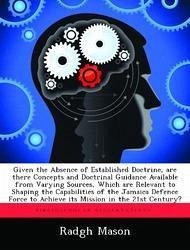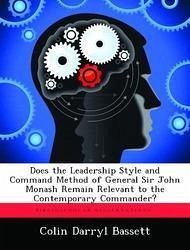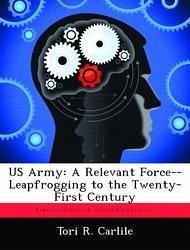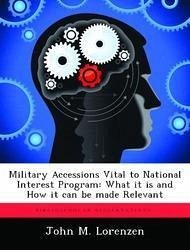Nicht lieferbar
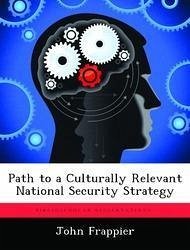
Path to a Culturally Relevant National Security Strategy
Versandkostenfrei!
Nicht lieferbar
This monograph will argue that understanding and addressing the nature of the threat's identity is paramount to the United States'; ability to win the GWOT. In an attempt to remain ahead of its enemies in the prosecution of the GWOT, the United States has proceeded with an extensive review of its National Security Strategy and an historic transformation of its Government, thereby improving its ability to protect the US'; interests both at home and abroad and increasing its capacity for coordinated action. The National Strategy for Combating Terrorism contains an analysis of the threat and lays...
This monograph will argue that understanding and addressing the nature of the threat's identity is paramount to the United States'; ability to win the GWOT. In an attempt to remain ahead of its enemies in the prosecution of the GWOT, the United States has proceeded with an extensive review of its National Security Strategy and an historic transformation of its Government, thereby improving its ability to protect the US'; interests both at home and abroad and increasing its capacity for coordinated action. The National Strategy for Combating Terrorism contains an analysis of the threat and lays out a strategy for winning the war on terror. It qualifies the threat as one fuelled by an ideology of oppression, violence, and hate with an ultimate goal of establishing a single, pan-Islamic, totalitarian regime. The GWOT is therefore characterized as a war against the radical Islamist ideology. This assumes that the threat's ideology is a militant one existing on the fringes of the true nature of Islam. Furthermore, the strategy disregards the role that Islam has in shaping and informing the threat. This theory ignores the central function that religion has in determining identity and the strength it has in protecting identity. The limited understanding of the nature of the threat hampers the current US National Security Strategy's ability to address some of the root causes of the war. The question is therefore "how identity theory can inform the creation of a National Security Strategy?" A constructivist approach in which people's understanding of their interests depends on the ideas they hold highlights the applicability of group identity to International Relations. This approach contends that international relations need not be conflictual, but rather that relations depend on the nature of the interaction among states but more importantly in the context of this paper, among non-state actors.






